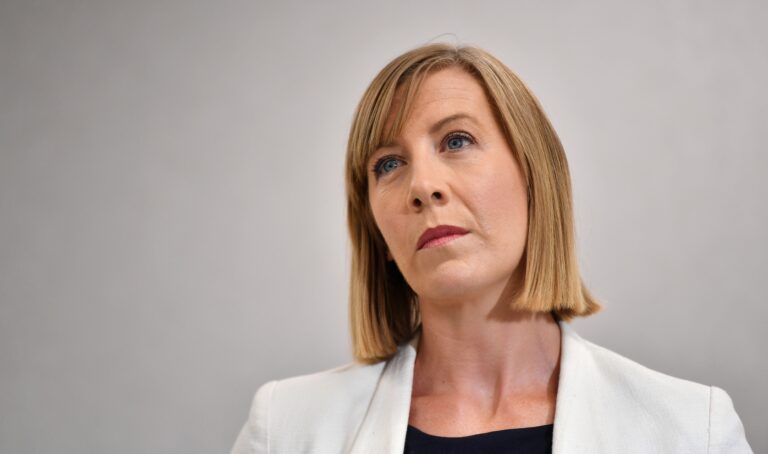
Clover Moore creates China ties

By Edmund Kirkwood
Lord Mayor Clover Moore has recently returned from a two-week long visit to China and Singapore, in an effort to strengthen economic, political and cultural connections between Chinese provinces and the City of Sydney.
Visiting five different Chinese provinces as well as attending the World Cities Summit held in Singapore, Ms Moore met with local politicians and public to discuss a range of shared policy issues – including carbon emissions, light rail networks and education and university partnerships.
When visiting the city of Shenzen, the Lord Mayor met with city Mayor Xu Qin, where he informed Ms Moore of his low carbon plan for Shenzen from 2011 to 2020. Shenzen has already established a successful emissions trading scheme, with the Lord Mayor noting “it’s not hard to draw the conclusion that China could introduce a national emissions trading scheme before Australia, putting them at an economic advantage”.
Meeting with the Mayor of Guangzhou, Chen Jianhua, Ms Moore oversaw the signing of a Memorandum of Understanding (MOU) – a symbolic bilateral agreement between governments expressing a common line of action and cooperation – that aims to establish closer ties between the two cities in education, trade, culture, business and sustainability.
The Lord Mayor also met with Ding Wei, Vice Minister from the National Ministry of Culture, who spoke positively about the strong relationship between City of Sydney and the Chinese government, noting especially Sydney’s Chinese New Year Festival and confirming his continuing support for the festival.
Liberal City of Sydney councillor Christine Forster is very positive about building trading relationships with Chinese provinces, but is sceptical about the Lord Mayor pushing her own agenda too heavily by exclusively meeting with similarly minded leaders.
“It is very worthwhile to build relationships with China, but going to like-minded provinces and discussing like-minded policies is not productive. A lot of these policies – light rail, bicycle networks, carbon emissions reductions – are already being pursued in Sydney,” Cr Forster said.
“A lot of these discussions are outside the purview of her role as Lord Mayor. They’re just about projects that she is pushing, or wants to implement in Sydney.”
Professor Kerry Brown, director of the China Studies Centre and professor of Chinese Politics at Sydney University, said that the visit targeted a mixture of well-developed cities with a combined population of roughly 100 million people.
“Many of these people fall into China’s middle class. They are important potential tourists, consumers of Australian and Sydney services, and investment partners. Raising the profile of Sydney as a distinctive economy amongst this group is important.”
One of the recommendations arising from the diplomatic visit was the establishment of a Friendship City relationship with Wuhan, as agreed under a second MOU signed by Moore and Mayor of Wuhan, Tang Liangzhi.
“Friendship cities relationships create an awareness of what places might have that they can offer each other, and a means of promoting their economic, cultural and other offerings,” said Prof Brown.
“Sydney is widely known in China as a tourist destination, but probably not as a finance centre or a service centre. So this sort of visit helps to change perceptions amongst Chinese and start to view Sydney in a different way.”
Cr Forster criticised the outcomes of the mission as “all abstract, nothing practical and not a lot of concrete actions”.
Prof Brown expected more precise agreements between these cities and Sydney to be formulated in the coming months to carry forward educational, environmental and financial cooperation.









